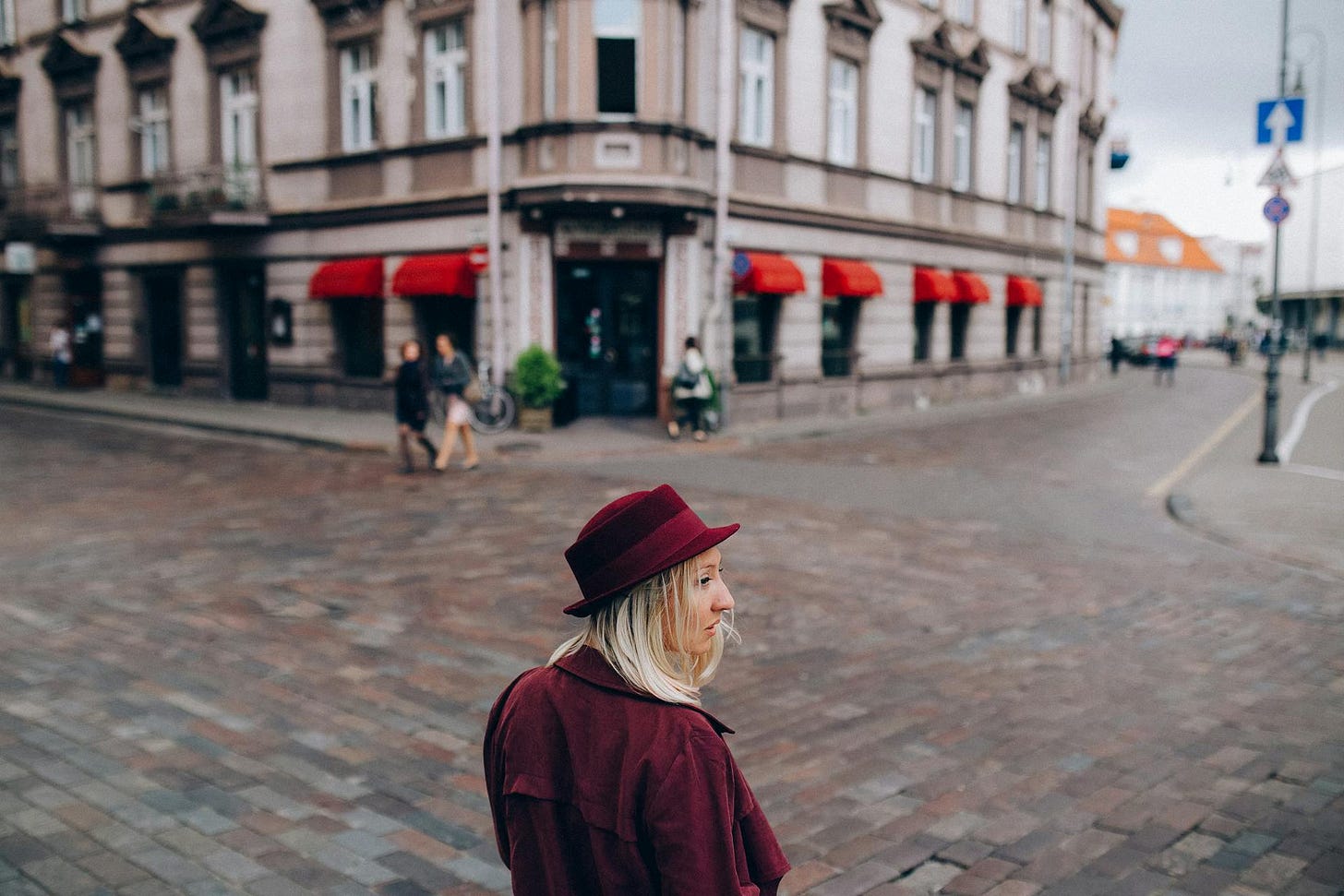Are We Shaped or Do We Shape Ourselves?
Part 3 of 3: Free Will and the Environment
“I am not a product of my circumstances. I am a product of my decisions.”
— Stephen R. Covey —
Have you ever looked at your life and wondered how much of it was your choice—and how much was influenced by where you came from?
The family we’re born into, the culture we grow up in, the expectations placed upon us—the…



